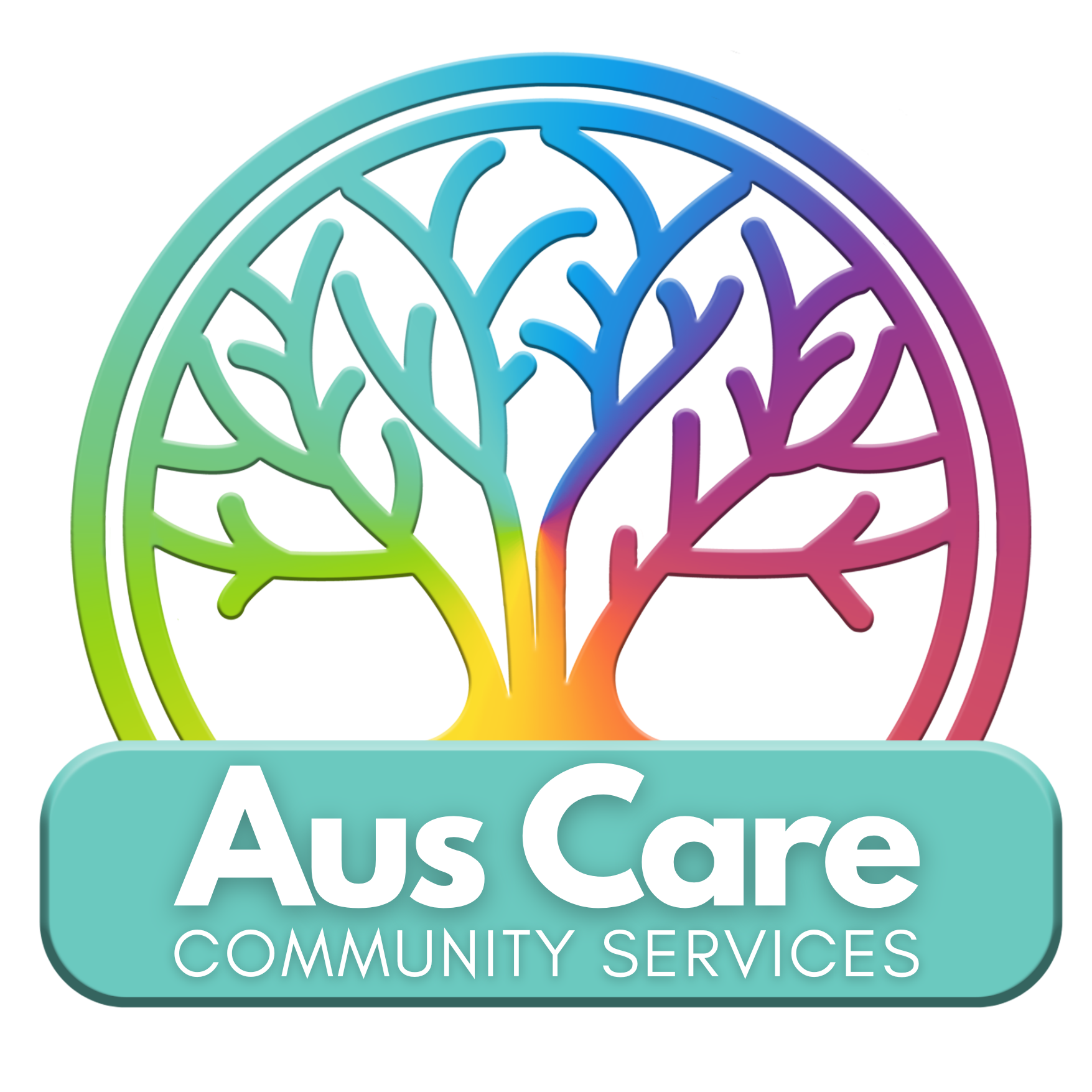
What are Social Support & Group Activities?
Social support and group activities are terms that refer to forms of assistance and collective engagements that contribute to individuals' social well-being and overall quality of life.
Social Support:
Social support involves the provision of assistance, care, empathy, and companionship from others, such as friends, family, or community members. This support can be emotional, instrumental (practical help), informational, or appraisal (affirmation and feedback), and plays a crucial role in promoting mental and emotional well-being, reducing stress, and enhancing resilience. Social support can come from various sources, including personal relationships, support groups, and community networks.
Group Activities:
Group activities refer to organised events or experiences that individuals participate in collectively.
These activities can range from recreational pursuits to educational programs and support groups.
Engaging in group activities provides individuals with the opportunity to connect with others who share similar interests or experiences. It fosters a sense of community, promotes social interaction, and can contribute to personal growth and development.
For an individuals with disabilities, social support and group activities can be especially beneficial, offering a platform for building relationships, sharing experiences, and accessing shared resources.
Support groups, for instance, can provide a space for individuals facing similar challenges to come together, share insights, and offer mutual assistance. Participating in group activities can also enhance social skills, boost self-esteem, and create a sense of belonging.
Overall, both social support and group activities play vital roles in nurturing a supportive and inclusive social environment, contributing to the overall well-being of individuals and communities.













